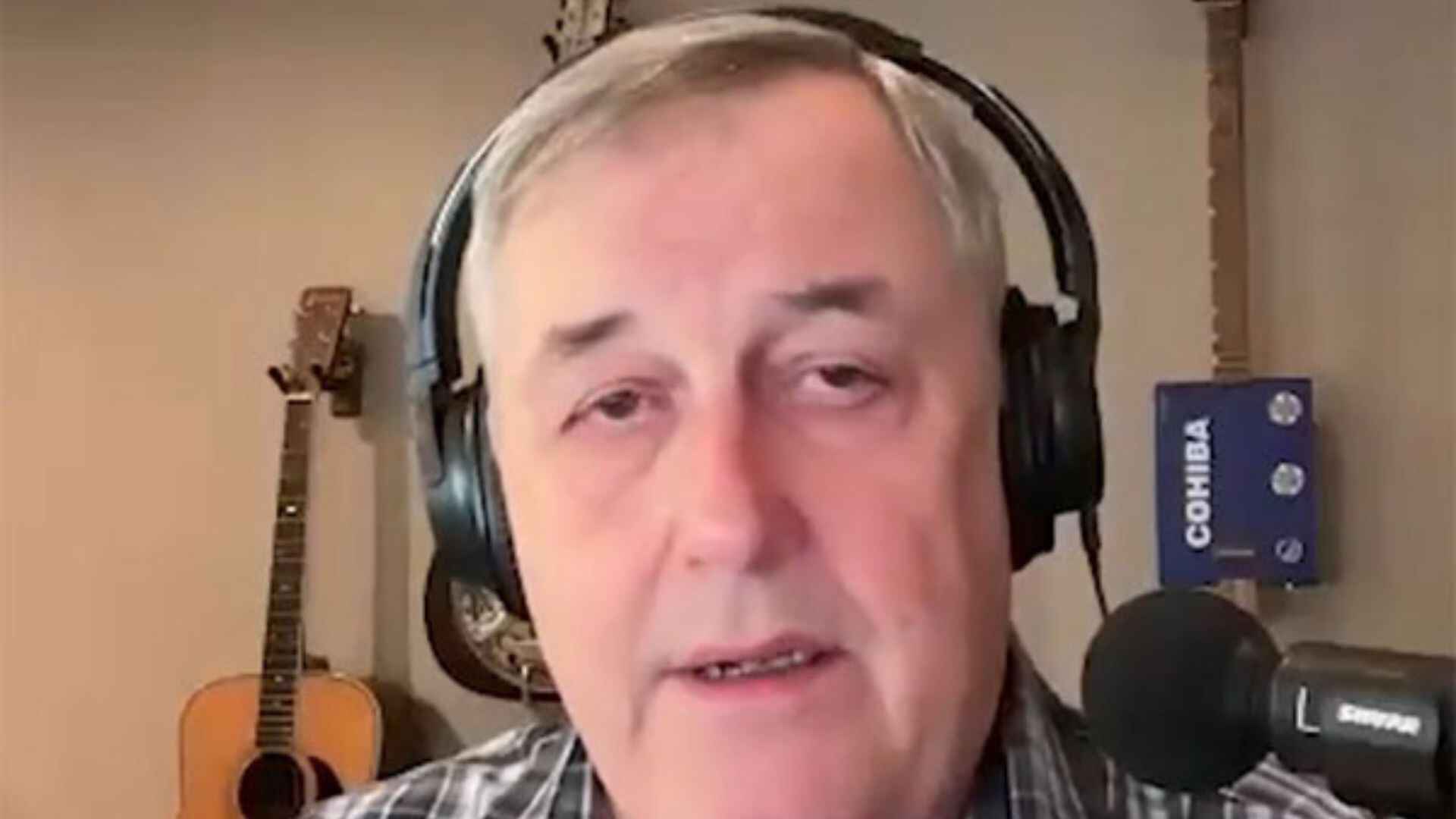Former Toronto Police Sergeant (Detective) Donald Best has raised concerns about “unfettered mass immigration” under Prime Minister Justin Trudeau’s administration, which he argues has adversely affected Canada’s housing, economy, and social services. Best, who is also an investigative journalist, pointed to the issue of Khalistani separatists having freedom to operate in Canada, a concern also shared by India. Relations between Canada and India have worsened recently, with New Delhi recalling its envoy from Ottawa.
In an interview with ANI, Best criticized Trudeau’s policies, stating that “there is turmoil” in Canada, a country of approximately 40 million people, where about five percent of the population arrived as immigrants within the last two years. “We have seen very dramatic changes in Canada since Trudeau and his government took over. We have seen unfettered mass immigration, which is seriously negatively impacting our housing, economy, social services, hospitals, and health services,” Best said. He added that many Canadians feel that Khalistani separatists wield undue influence and occupy positions of authority at all levels—municipal, provincial, and national. Best also mentioned the connection between the New Democratic Party and its leader Jagmeet Singh, who has been associated with figures linked to the Khalistani movement. “I have been told that Mr. Singh is not allowed in India,” he noted.
Must Read: Kamala Harris Set To Attend Family Dinner Ahead Of Election Night
“We have a problem in Canada; part of the problem is that the Khalistani separatists are able to do whatever they want to do. A few months ago, in a parade in Alberta, they had pictures of convicted terrorists in India who had murdered people. They had these photos on their vehicles celebrating and venerating these terrorists,” Best added, explaining that this trend has left many long-term Indian-origin Canadians feeling troubled, as Canada has traditionally encouraged immigrants to leave behind past conflicts upon arrival.
Reflecting India’s concerns, Best argued that Canada’s immigration system lacks adequate vetting, with individuals entering who may be fleeing justice in their home countries. “India’s External Affairs Minister has mentioned that Canada is approving visas for people who are criminals and were members of organised crime in India. I believe that it is true. We have absolutely no vetting of our immigrants,” he said, adding that Canada’s lenient policies appear to attract Khalistani separatists seeking protection.
The India-Canada diplomatic tensions have continued to escalate, with New Delhi expressing concerns over extremism and anti-India activities within Canada. An incident over the weekend in Brampton saw a “violent disruption” at an Indian consular camp at the Hindu Sabha Temple, drawing widespread criticism. Prime Minister Narendra Modi condemned the “deliberate attack” on the temple, calling the “cowardly attempts to intimidate” Indian diplomats “appalling.” He also urged Canadian authorities to ensure justice and uphold the rule of law. This statement was echoed by the Ministry of External Affairs, which called on Canada to protect places of worship and prosecute those responsible for acts of violence. “We remain deeply concerned about the safety and security of Indian nationals in Canada,” said MEA spokesperson Randhir Jaiswal.
In Australia, External Affairs Minister S. Jaishankar voiced similar concerns during a joint press conference with Australian Foreign Minister Penny Wong. “What happened yesterday at the Hindu temple in Canada was deeply concerning,” he said, underlining India’s dismay over the political space allowed to extremist forces in Canada. “Let me make three comments. One, Canada has developed a pattern of making allegations without providing specifics. Secondly, when we look at Canada, for us the fact that they are putting our diplomats under surveillance is something which is unacceptable,” Jaishankar added. He noted the videos of the incident at the Hindu temple, saying they indicate the extent to which “political space today… has been given to extremist forces there.”
India’s Ministry of External Affairs recently summoned Canada’s representative, handing over a diplomatic note that protested “absurd and baseless” references to Union Home Minister Amit Shah made by Deputy Minister David Morrison before the Standing Committee on Public Safety and National Security in Ottawa. MEA spokesperson Randhir Jaiswal commented on this, stating, “In fact, the revelation that high Canadian officials deliberately leak unfounded insinuations to the international media as part of a conscious strategy to discredit India and influence other nations only confirms the view Government of India has long held about [the] current Canadian government’s political agenda and behavioral pattern.” He warned that these actions could have serious consequences for the bilateral relationship.







